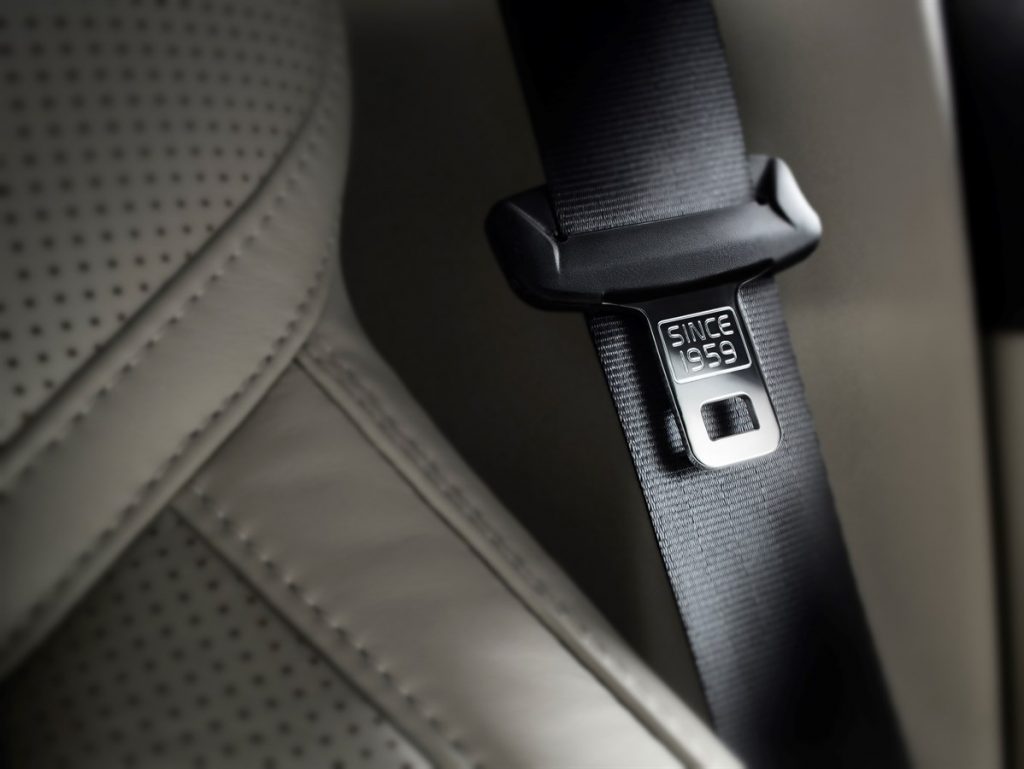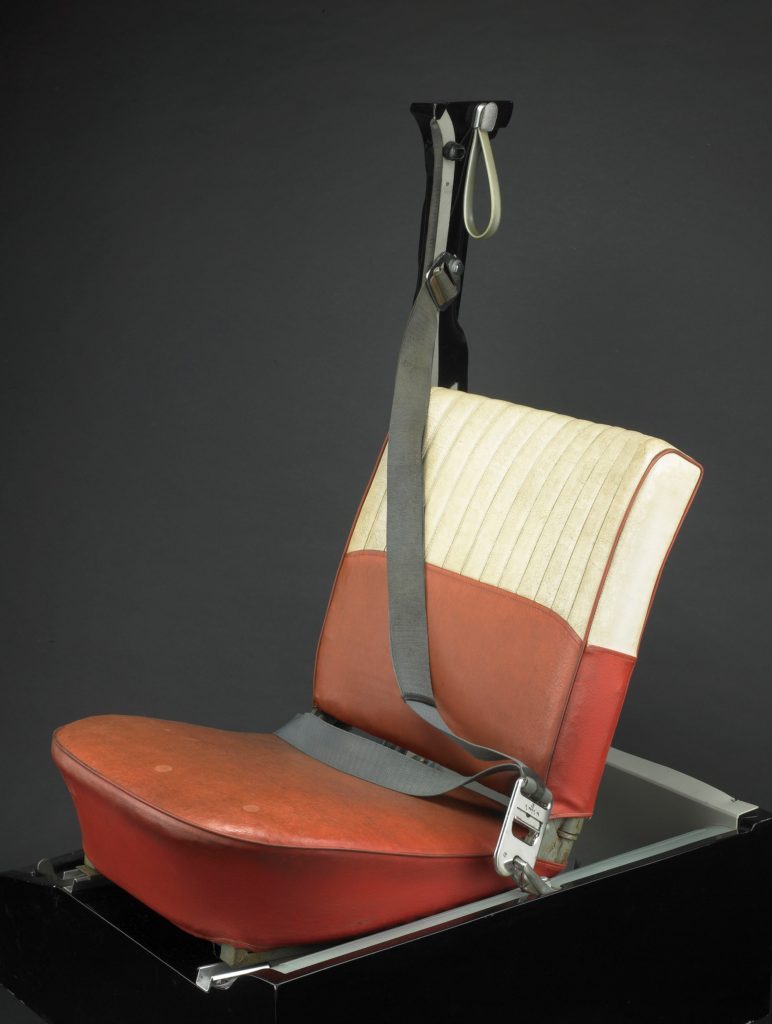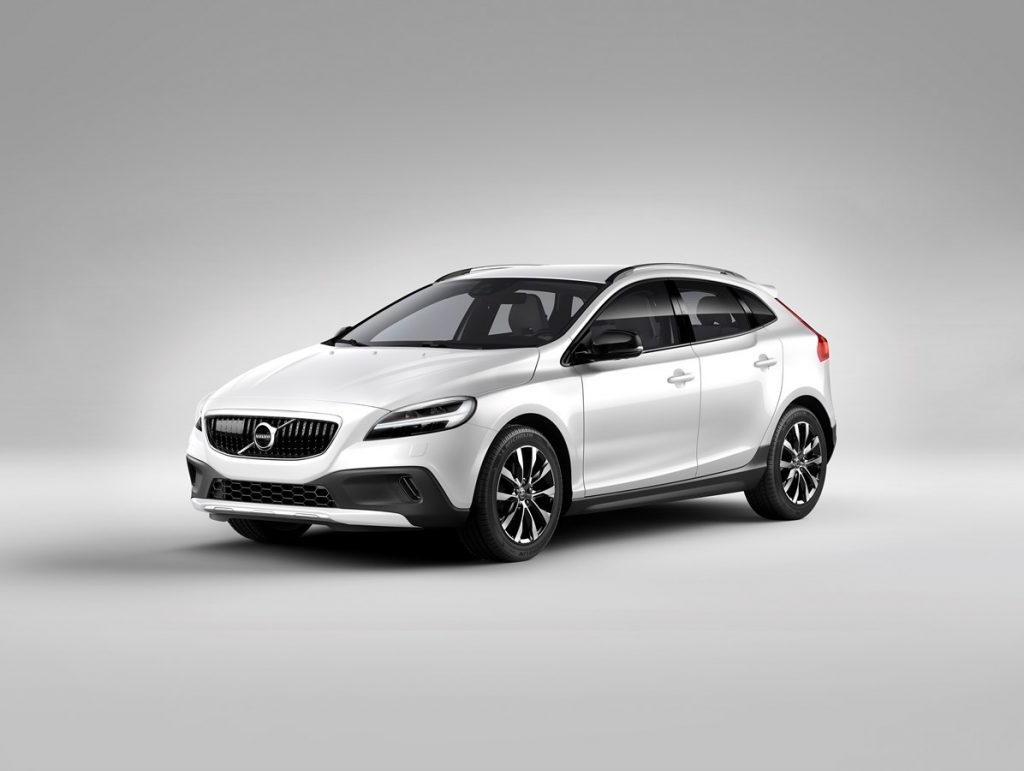This article was written in cooperation with Volvo. Read more about our partner content policy here.
In an effort to increase road safety, the European Parliament recently approved a provisional deal that would enforce new vehicle safety standards across the EU. The requirements, due to come into effect by 2022, would make features like distraction warning functions, speed assistant, safe reversing, accident data recorder, and blind-spot monitoring standard fit.
For those in the market for a new car in Prague and the Czech Republic, now may be the time to consider a safety upgrade. But where to begin and how to choose a safety leader among the many options currently available in the Czech Republic?
One of the fastest-growing brands on the Czech market is also credited with the advent of one of the most important auto-safety features ever made. In fact, the announcement of the minimum EU auto safety regulations earlier this year coincides with the 60th anniversary of the three-point safety belt, introduced to the world by Swedish car manufacturer Volvo in 1959.

The invention entered the market at a time when safety wasn’t a major consideration in the purchase of a car. In an unprecedented move, the company would go on to waive its patent rights; it’s estimated that over one million lives have been saved as a result.
“Cars are driven by people. Therefore, security must be the guiding principle behind everything we do in Volvo — and so it must remain in the future, ” Gustaf Larson, co-founder of Volvo has said of the company’s underlying mission and philosophy.
Beginning in 1970, the company formed an accident research team devoted to gathering and analyzing real-time data to see what happens during a collision. In the process, it has developed a number of revolutionary safety features including rear-facing child safety seats, a blind-spot information system, and run-off road protection.

And yet despite huge advances in car safety across the industry, Volvo says that many automakers still produce cars based on data from male crash test dummies, leaving women at a higher risk of injury than men.
“By collecting real-world data for a long time, it has been possible to identify what injuries arise in different crashes for men, women, and children,” says Dr. Lotta Jakobsson, senior technical specialist at Volvo Cars Safety Centre.
Volvo’s E.V.A. initiative represents more than 40 years of research and has led to a number of design changes and innovations geared toward better protecting women who are at higher risk of whiplash and chest injuries. A whiplash protection system, intelligent safety shield to prevent chest injury, and an inflatable curtain airbag system, the first airbag system to offer improved protection for both front and rear seat occupants, are just some of the innovations to have emerged from the project.
The Swedish automaker has also developed the world’s first average-sized pregnant crash test dummy to see how the safety belt and airbag affect a woman and her unborn child, among other things. The results of the research, like the safety belt sixty years ago, have been made available to the industry in the hopes of making cars safer for all who drive them.
Volvo’s devotion to safety is perhaps one reason that it has seen an increase in sales worldwide, including a jump of 26 percent on the Czech market last year alone. Between January and June, Czech drivers bought over a thousand new Volvo cars making it the third fastest-growing brand on the market.

Czech buyers most frequently bought SUVs: the Volvo XC60, XC90, and XC40. The new Volvo V90 Cross Country Estate is also a popular model in the Czech Republic. The brand currently has eighteen dealers throughout the country.
The European Commission expects that by 2038 the proposed measures will help save more than 25,000 lives and prevent at least 140,000 serious injuries. Volvo hopes that from 2020, no one who drives any of its new cars should suffer fatal or otherwise serious injuries.
For more information about what Volvo Czech Republic can offer expats visit its dedicated English pages at www.volvocars.com.












 Reading time: 3 minutes
Reading time: 3 minutes 























